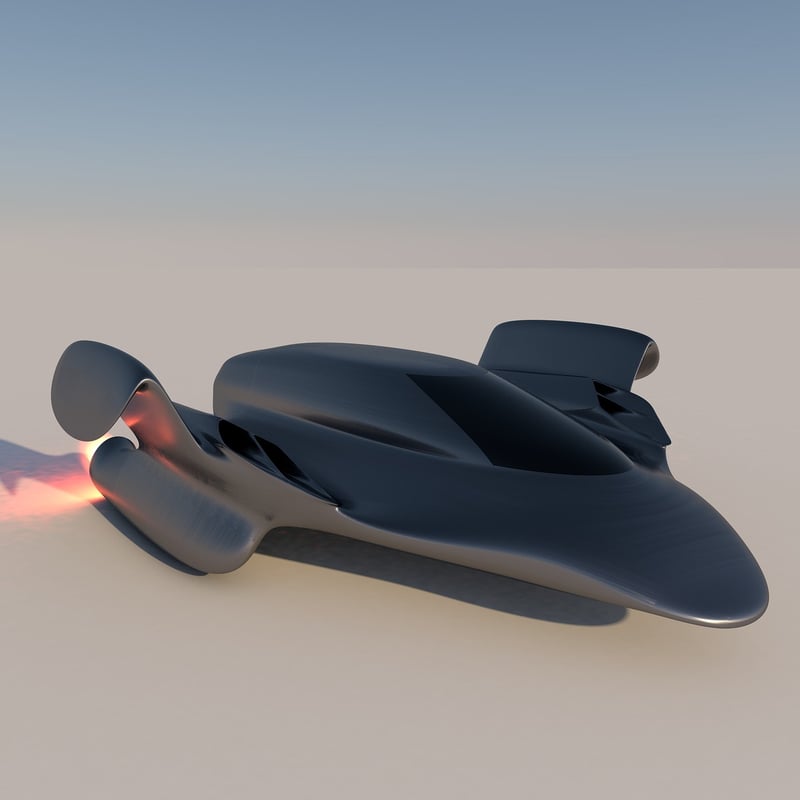Grandfather Paradox
The Grandfather Paradox: A Dive into Complex Time Travel Theories
Time travel has been a popular topic in science fiction for decades, captivating the minds of many with its paradoxes and possibilities. One of the most famous paradoxes associated with time travel is the Grandfather Paradox.
What is the Grandfather Paradox?
The Grandfather Paradox is a theoretical situation that arises when a time traveler goes back in time and inadvertently prevents their grandparents from meeting, thus preventing the traveler's own birth. This paradox raises questions about causality, free will, and the nature of time itself.
Exploring the Complexity
Many theories have been proposed to address the Grandfather Paradox, including the idea of parallel universes where changes in the past create alternate timelines. Some suggest that time travel may be constrained by the Novikov self-consistency principle, which posits that any actions taken by a time traveler are already incorporated into the past.
Implications and Philosophical Questions
The Grandfather Paradox forces us to consider the implications of changing the past and the potential consequences on the future. It raises philosophical questions about determinism, free will, and the nature of reality.
Conclusion
While the Grandfather Paradox may never be fully resolved, it continues to spark fascination and debate among scientists, philosophers, and science fiction enthusiasts alike. The intricacies of time travel theories, like the Grandfather Paradox, remind us of the boundless mysteries that exist within the realm of science and imagination.

For more information on time travel theories and paradoxes, check out Wikipedia's Time Travel page.
